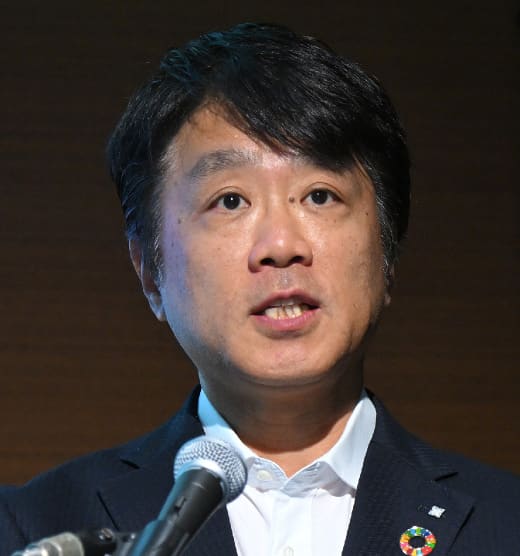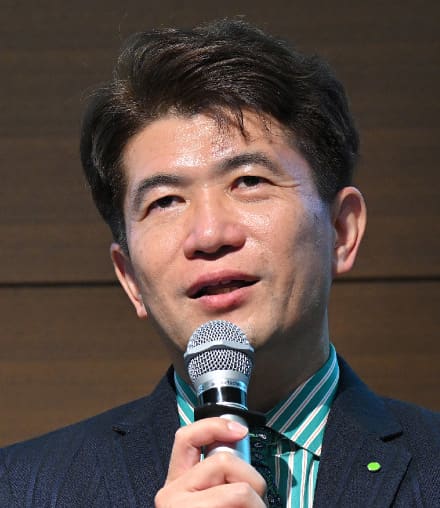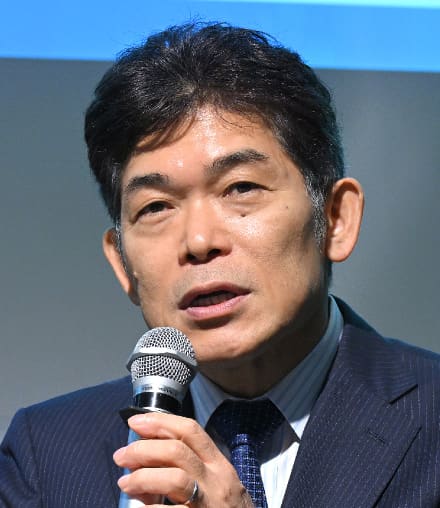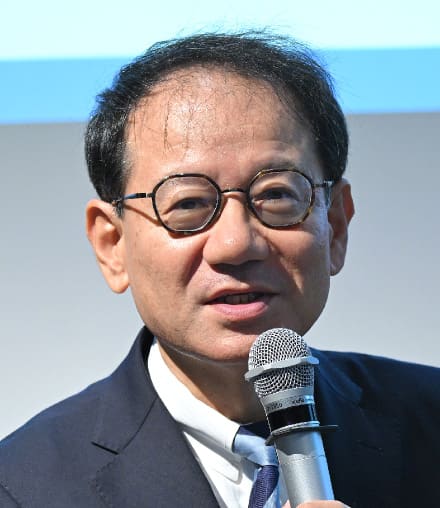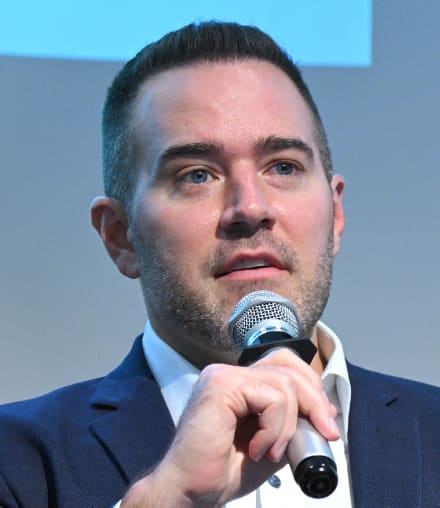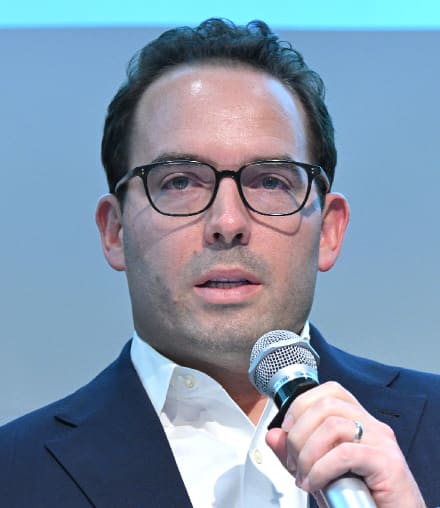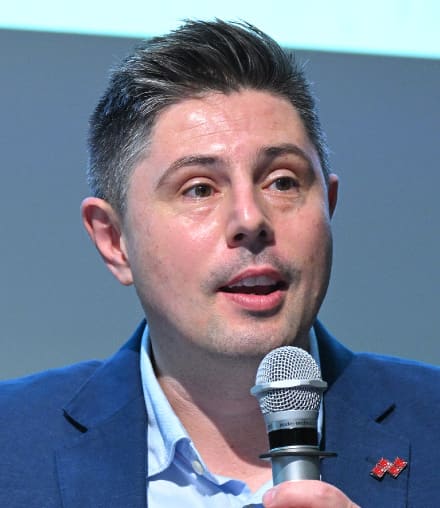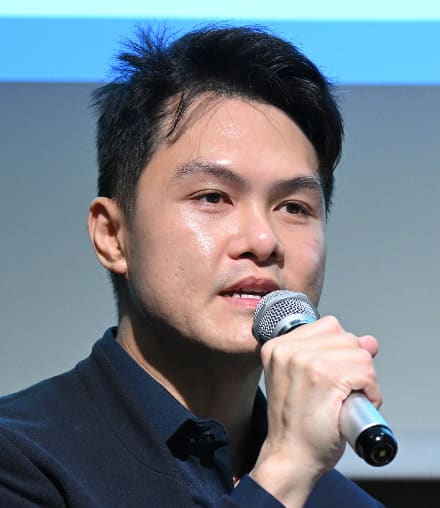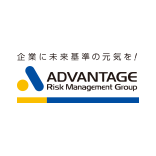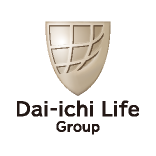Aiming to realize the society to deliver everyone a chance to live a life as one want
Masahiko Ishii
Director, Executive Vice President, NEC Solution Innovator, Ltd.
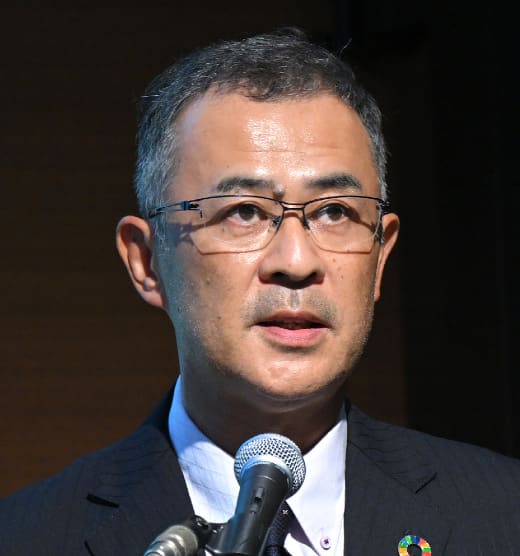
Masahiko Ishii
To shape a world in which diseases can be prevented, it is important to tackle the root causes of disease. It is necessary to confront diseases such as cancer, cardiovascular diseases, and dementia, which involve various factors that humanity has yet to overcome. By combining our big data AI analysis technology, cultivated over many years through our core ICT business, with technologies for sensing biomarkers and vital data, we are working to develop disease prediction services that lead to prevention.
In 2020, we launched FonesLife, a new company with the vision of creating a future where no one gets sick, and a society where everyone can live their own way. The company offers a service that measures and analyzes 7,000 kinds of proteins from blood to visualize the risk of contracting diseases such as dementia and myocardial infarction in the future. The service also monitors the current state of the body and proposes lifestyle improvements needed by the individual. In the future, we aim to offer risk predictions for over 50 diseases, as well as visualizations of health conditions after lifestyle changes, thereby providing individuals with a reassuring selection of improvements tailored to their specific needs.
It’s important to increase “healthy life expectancy,” which takes into account quality of life as well as longevity. To help build a society that allows people to live their lives as they wish, we are focusing our activities on subjective considerations. The determining factor in subjective well-being is having a variety of choices and the ability to make one’s own decisions.
We offer a service called “NEC Health Checkup Forecast Simulation” that uses AI to show predictions of future health risks based on the results of regular health examinations. It also analyzes how health risks will change by making lifestyle improvements. We also want to make it possible for users to forecast their future health in greater detail, and to refine the service so that it seamlessly assists people to think and make decisions for themselves.
We should focus on subjective well-being and aim for a society that delivers everyone a chance to live life as they want. In doing so, Japan, with its cultural value of "live for yourself means live for others," should strive to be a global leader.


